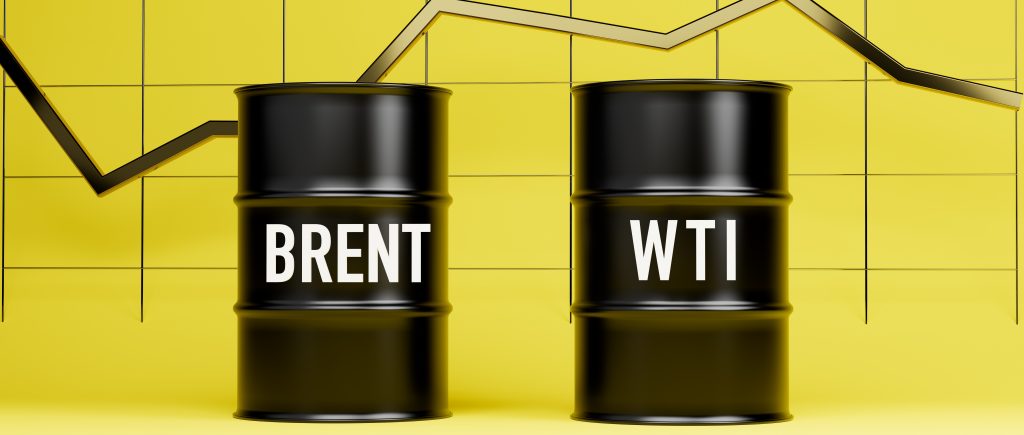Oil prices experienced a decline on Thursday, potentially halting a three-day winning streak. Concerns about reduced demand emerged following an unexpected surge in US crude inventories, overshadowing worries about global trade disruptions due to tensions in the Middle East.
As of 0303 GMT, Brent crude futures saw a decrease of 22 cents, equivalent to 0.3 percent, settling at $79.48 per barrel. Simultaneously, US West Texas Intermediate crude also dipped by 22 cents, or 0.3 percent, reaching $74 a barrel.
Despite both benchmarks recording gains in the previous three sessions, with heightened concerns about trade disruptions as major shipping companies opted for longer sea routes away from the Red Sea, recent developments indicate a shift in sentiment. This strategic change in shipping routes raised concerns about increased transportation and insurance costs.
The US Energy Information Administration’s announcement on Wednesday revealed a surprising increase of 2.9 million barrels in US crude inventories for the week ending December 15, contrasting analysts’ expectations of a 2.3 million barrel decline as per a Reuters poll.
Further dampening market sentiment, the administration reported a record-high US crude production of 13.3 million barrels per day last week, surpassing the previous peak of 13.2 million barrels per day.
While disruptions in the Red Sea and the Suez Canal, through which approximately 12 percent of global traffic flows, have impacted shipping, analysts note limited effects on oil supplies. Most Middle East crude exports primarily utilize the Strait of Hormuz.
Predicting the short-term trajectory, some analysts, including Nimura, anticipate West Texas Intermediate crude to trade within the range of $70 to $75 this month.
In a separate development, the US-led coalition, which imposes a price ceiling on Russian seaborne oil, introduced changes to its compliance system on Wednesday. The Treasury mentioned that these adjustments aim to complicate efforts by Russian exporters to surpass the stipulated price ceiling.
 Noor Trends News, Technical Analysis, Educational Tools and Recommendations
Noor Trends News, Technical Analysis, Educational Tools and Recommendations





